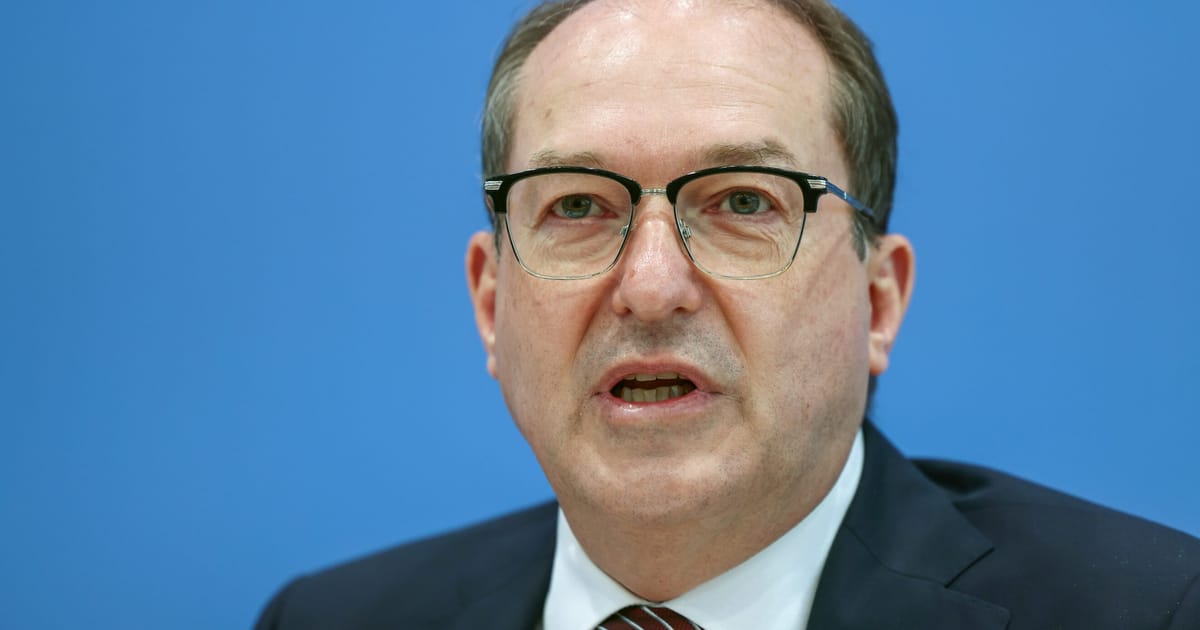

In a series of significant political developments, Europe is experiencing a wave of strategic initiatives aimed at fostering cooperation and addressing key issues such as migration, economic ties, and security. These efforts, driven by several influential European nations, reflect a desire for unity and progress on the continent.
Germany’s new conservative-led government is taking a proactive stance on migration by convening a summit aimed at harmonizing asylum rules across Europe. This initiative, led by Chancellor Friedrich Merz, is part of a broader effort to navigate the continent’s complex migration challenges. The summit seeks to bring together European countries with hard-line stances on immigration, aiming to create a cohesive and effective strategy for managing asylum seekers. By facilitating dialogue and collaboration, Germany hopes to lead a unified approach that balances compassion with security concerns.
In another demonstration of diplomatic engagement, Chancellor Merz is planning a visit to the United Kingdom later this month to sign an Anglo-German treaty. This wide-ranging pact is expected to strengthen bilateral relations, focusing on areas such as trade, technology, and environmental strategy. The treaty reflects the mutual interest of Germany and the UK in enhancing cooperation post-Brexit, ensuring that both nations can continue to thrive economically while contributing to a stable and prosperous Europe.
On the security front, the UK is preparing to host a pivotal “coalition of the willing” meeting focused on providing security guarantees to Ukraine. This initiative, backed strongly by both France and the UK, underscores the commitment of European allies to support Ukraine amid ongoing geopolitical tensions. The meeting aims to solidify a network of support, offering concrete assurances to bolster Ukraine’s sovereignty and security. This coalition signifies a collective response to external threats, emphasizing the shared values and strategic interests of European nations in promoting peace and stability.
Elsewhere in Europe, the Republic of Moldova finds itself at a critical junction with what is described as a “historic opportunity” to advance its integration into the European Union. The Moldovan populace has demonstrated a clear commitment to EU membership by incorporating this goal into their national constitution eight months ago. The constitutional amendment signifies a strong political and public will to join the EU, reflecting Moldova’s aspirations for economic growth, stability, and enhanced international cooperation. As Moldova progresses towards EU accession, it symbolizes the expanding European community and the shared vision of a prosperous, united region.
Together, these developments are painting a portrait of Europe at a crossroads, where nations are engaging in meaningful dialogue and cooperation to address shared challenges. Whether through collaborative efforts on migration, bolstering economic ties, or strengthening security alliances, these initiatives highlight a collective endeavor to create a harmonious and resilient Europe. As these projects unfold, they offer a hopeful vision of a continent working in concert, united by common goals and a commitment to a peaceful and prosperous future.
Source: {link}
